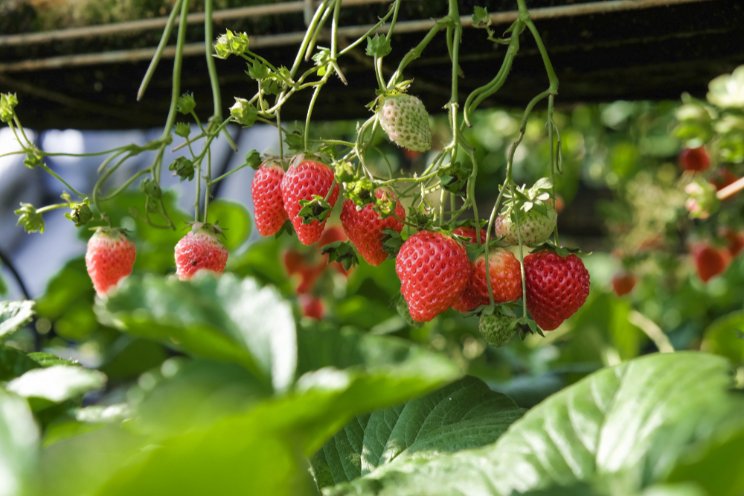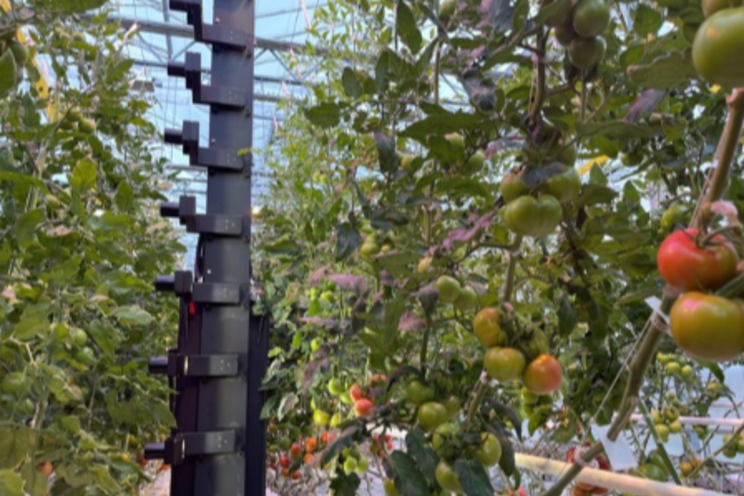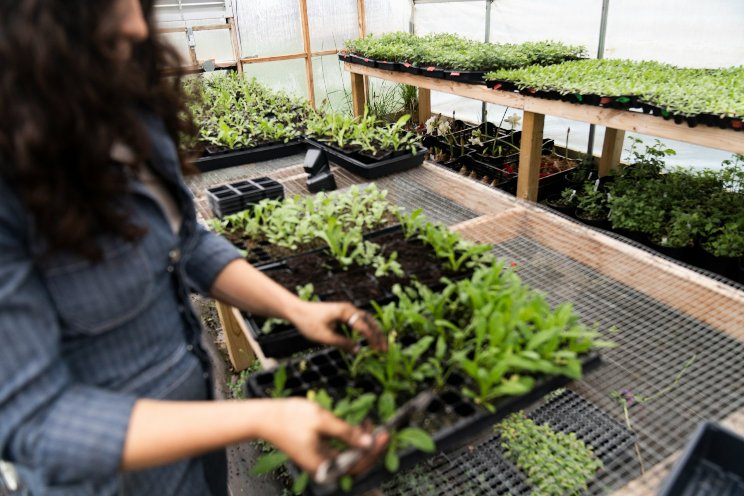How spectroscopy is transforming precision agriculture and farming
Added on 25 February 2025

Spectroscopy has become a key technology in agriculture, driving efficiency, saving time, and maximizing production. Its potential to shape the future of farming is vast. This article highlights one of its most impactful applications: precision crop control.
Precision Crop Control
Precision crop control involves monitoring, evaluating, and responding to crops to provide exactly what they need for optimal health and productivity. This approach encompasses several key applications, with spectroscopy playing a crucial role.

Plant Health Monitoring
Spectroscopy in Disease Research
Plant health is a top priority for farmers, as it directly impacts yield. Spectroscopy offers a powerful tool for early disease detection, helping to prevent outbreaks before they spread. Near-infrared (NIR) spectroscopy, in particular, provides a cost-effective and accurate method for identifying diseases in leaves and crop canopies.
More news















